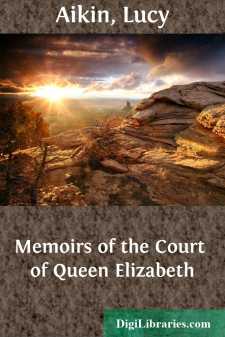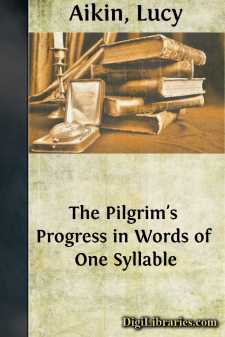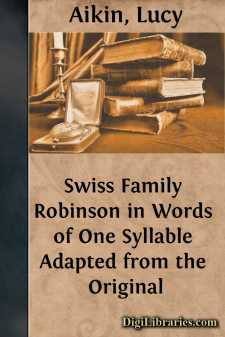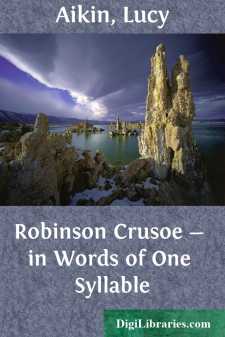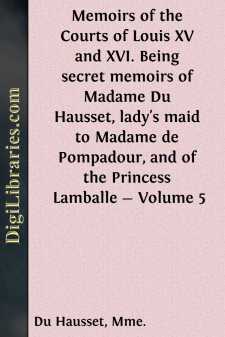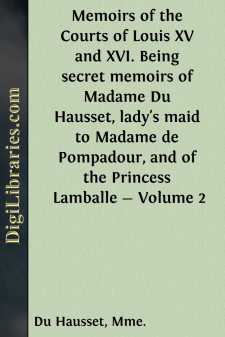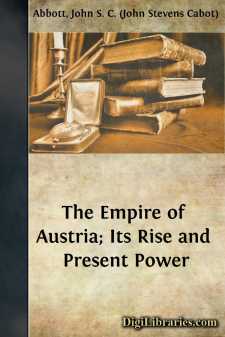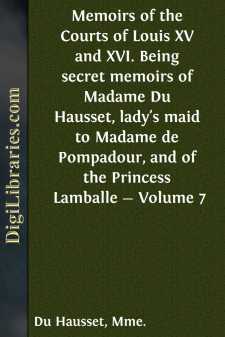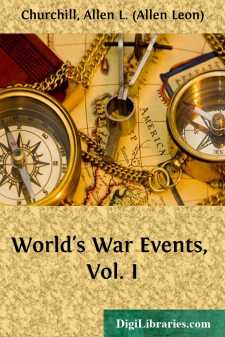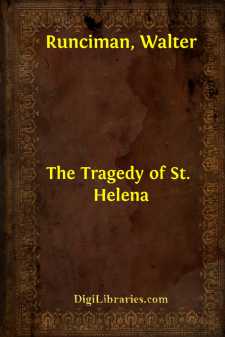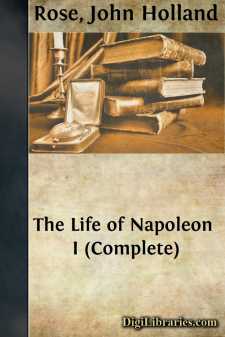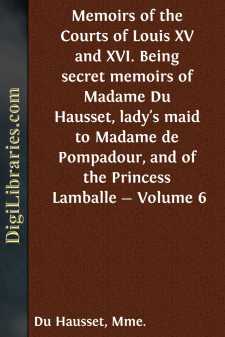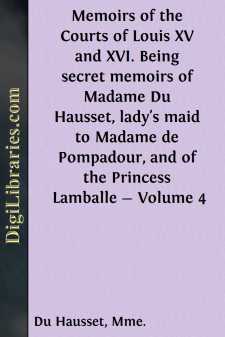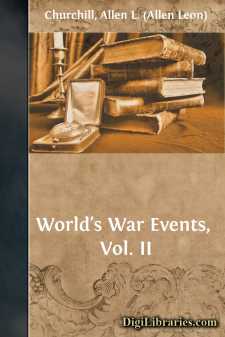Categories
- Antiques & Collectibles 13
- Architecture 36
- Art 48
- Bibles 22
- Biography & Autobiography 813
- Body, Mind & Spirit 142
- Business & Economics 28
- Children's Books 17
- Children's Fiction 14
- Computers 4
- Cooking 94
- Crafts & Hobbies 4
- Drama 346
- Education 46
- Family & Relationships 57
- Fiction 11829
- Games 19
- Gardening 17
- Health & Fitness 34
- History 1377
- House & Home 1
- Humor 147
- Juvenile Fiction 1873
- Juvenile Nonfiction 202
- Language Arts & Disciplines 88
- Law 16
- Literary Collections 686
- Literary Criticism 179
- Mathematics 13
- Medical 41
- Music 40
- Nature 179
- Non-Classifiable 1768
- Performing Arts 7
- Periodicals 1453
- Philosophy 64
- Photography 2
- Poetry 896
- Political Science 203
- Psychology 42
- Reference 154
- Religion 513
- Science 126
- Self-Help 84
- Social Science 81
- Sports & Recreation 34
- Study Aids 3
- Technology & Engineering 59
- Transportation 23
- Travel 463
- True Crime 29
Memoirs of the Court of Queen Elizabeth
by: Lucy Aikin
Description:
Excerpt
In the literature of our country, however copious, the eye of the curious student may still detect important deficiencies.
We possess, for example, many and excellent histories, embracing every period of our domestic annals;—biographies, general and particular, which appear to have placed on record the name of every private individual justly entitled to such commemoration;—and numerous and extensive collections of original letters, state-papers and other historical and antiquarian documents;—whilst our comparative penury is remarkable in royal lives, in court histories, and especially in that class which forms the glory of French literature,—memoir.
To supply in some degree this want, as it affects the person and reign of one of the most illustrious of female and of European sovereigns, is the intention of the work now offered with much diffidence to the public.
Its plan comprehends a detailed view of the private life of Elizabeth from the period of her birth; a view of the domestic history of her reign; memoirs of the principal families of the nobility and biographical anecdotes of the celebrated characters who composed her court; besides notices of the manners, opinions and literature of the reign.
Such persons as may have made it their business or their entertainment to study very much in detail the history of the age of Elizabeth, will doubtless be aware that in the voluminous collections of Strype, in the edited Burleigh, Sidney, and Talbot papers, in the Memoirs of Birch, in various collections of letters, in the chronicles of the times,—so valuable for those vivid pictures of manners which the pen of a contemporary unconsciously traces,—in the Annals of Camden, the Progresses of Nichols, and other large and laborious works which it would be tedious here to enumerate, a vast repertory existed of curious and interesting facts seldom recurred to for the composition of books of lighter literature, and possessing with respect to a great majority of readers the grace of novelty. Of these and similar works of reference, as well as of a variety of others, treating directly or indirectly on the biography, the literature, and the manners of the period, a large collection has been placed under the eyes of the author, partly by the liberality of her publishers, partly by the kindness of friends.
In availing herself of their contents, she has had to encounter in full force the difficulties attendant on such a task; those of weighing and comparing authorities, of reconciling discordant statements, of bringing insulated facts to bear upon each other, and of forming out of materials irregular in their nature and abundant almost to excess, a compact and well-proportioned structure.
How far her abilities and her diligence may have proved themselves adequate to the undertaking, it remains with a candid public to decide. Respecting the selection of topics it seems necessary however to remark, that it has been the constant endeavour of the writer to preserve to her work the genuine character of Memoirs, by avoiding as much as possible all encroachments on the peculiar province of history;—that amusement, of a not illiberal kind, has been consulted at least equally with instruction:—and that on subjects of graver moment, a correct sketch has alone been attempted....


